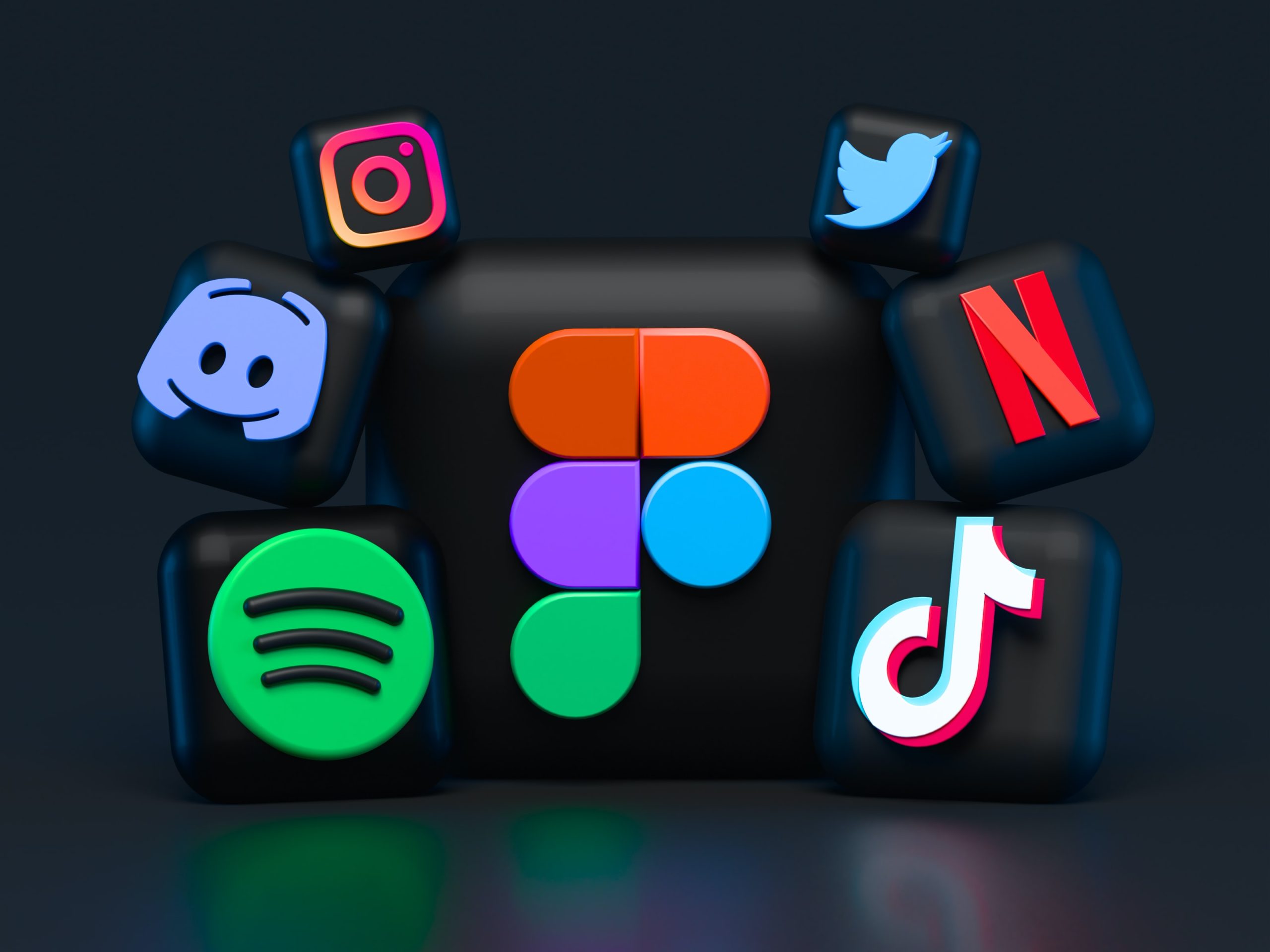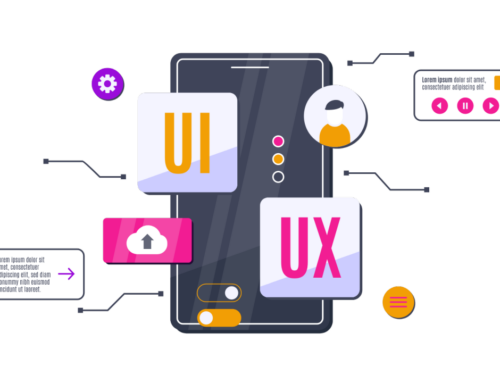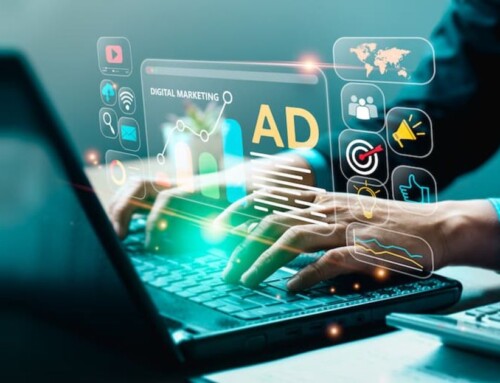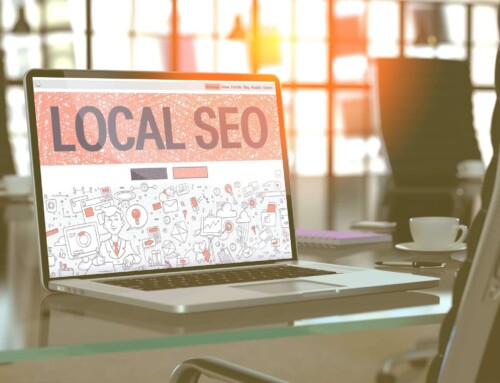The Future of Digital Marketing
The epidemic and accompanying lockdowns have had several repercussions on our lives, one of which is the newfound legitimacy of virtual spaces as marketing channels. Suppose our online experiences are comparable to those we have outside, more genuine than those we have while traveling or viewing a television program. In that case, the impact of marketing in these venues should be equivalent.
We have reached a turning point when technology, powered by 5G, AI, and edge cloud computing, enables enterprises to integrate the virtual and real worlds seamlessly.
Initial attempts to harness this type of environment were somewhat gimmicky. In 2000-2001, the CueCat, a portable barcode reader that allowed users to scan a barcode to access a website, generated considerable excitement. This was quite sophisticated technology at the time, but the firm behind it no longer exists, demonstrating that integrating the virtual and actual worlds still had a ways to go.
Indeed, we’ve gone a long way since then. As we utilize augmented and virtual reality and various wearable technologies, we now have our sights set on a future horizon that scans for “what’s next” for human creativity.
What’s in store for the future of digital marketing?
The metaverse is based on the ability to travel fluidly between diverse digital settings to create exciting and cost-effective AR and VR experiences. It is creating a plethora of options that are incrementally reshaping the internet as we know it. As marketers, many of us now realize that the ostensibly impossible is likely only a few decades away.
As we become accustomed to viewing the world through AR glasses and utilizing immersive technology, we may begin to define the future of digital marketing.
Social media will likely be a seamless combination of online and offline interactions in ten years. I believe that the metaverse, which may appear futuristic at the moment, will have become commonplace. Most of its essential components will have been perfected, and new technologies will be weaved into the mix in response to our as-yet-unknown demands.
Ultra-fast Internet connections, lightweight VR headsets, and always-on virtual worlds are already available. Expanded UX will soon become standard practice, fusing AR and VR to create interactive virtual environments. I believe that companies, healthcare, entertainment, and education will all integrate into a digital environment meant to improve our lives. As humans learn to traverse these new worlds, content as we know it will become even more robust. Those days of emphasizing SEO-friendly websites will likely be replaced by augmented reality (AR) experiences that utilize information-rich material to increase brand perception.
I also anticipate that by 2032, non-fungible tokens (NFTs) will have come into their own. As the metaverse grows, NFTs will go beyond providing value to digital artworks, memes, and video game avatars to substituting legal papers with smart contracts. As e-commerce continues to dominate, all future purchases may be accompanied by an NFT. I anticipate concertgoers seeing live entertainment and purchasing an exclusive and personal digital item to retain as a souvenir. The realm of live performance might be modified beyond our existing mementos; autographed items and T-shirts could become antiques.
It may appear that society has not been discussed much in this forecast of our future; nonetheless, I believe that social will become a redundant term as it becomes an integral part of our daily life.
Start prepping immediately.
Consider ways to enhance your brand’s interactions with your customers. While this may appear unrelated to existing marketing methods to some, one of the most significant ways to capitalize on these new changes is to allow your imagination to run wild. Regardless of the product, you are promoting, you should begin by examining the obstacles you are currently encountering.
Outline the optimal experience you might provide your online clients, identify the problems your product may assist them in solving, and then revisit this virtual trip to identify any roadblocks. Whether you want your consumers to virtually try on your products, carry their shopping cart with them when they switch platforms, ask their friends for their feedback, or smell your newest fragrance, all of these things are conceivable, and it’s crucial to plan.
I believe that odors, sounds, and experiences will soon be part of the realm of possibility. Immersive training promises to be more exciting and intriguing and far more accessible. Anyone in the coaching industry, whether it be golf, tennis, or public speaking, will be able to tap into a customer base that never has to leave their homes; the world is literally at your fingertips, like golf courses, meditation classes, and cycling tours in Provence can be delivered to anyone, anywhere.
The only remaining obstacle is our traditional way of thinking, which may still be resistant to how this might be accomplished. Our very human attachment to narrative has the potential to transcend our similarly human aversion to change. I see future situations in which society will dictate how we experience our job and leisure life, with knowledge at our fingertips and a desire to explore our potential in greater depth.
Contact Seattle Advertising for all your Digital Marketing needs. We are happy to chat with you.





